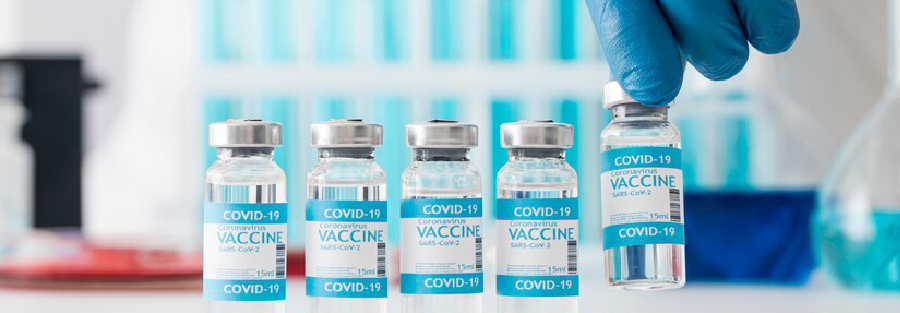
Drug Formulation
Formulation development is a critical step in the journey of any new pharmaceutical product. It is the bridge between scientific discovery and the final drug that reaches patients. Without effective formulation development, even the most promising drug candidates may never become commercially viable or therapeutically effective. In today’s competitive drug development process, formulation development ensures safety, stability, efficacy, and patient compliance.
What is Formulation Development
Formulation development refers to the process of designing and optimizing the composition of a drug product. It involves selecting appropriate excipients, delivery mechanisms, and processing conditions to ensure the drug's stability, bioavailability, and usability.
When Does Formulation Development Take Place?
Formulation development begins early in the drug development process, during preclinical or early clinical stages. Its importance continues throughout the lifecycle of a drug, from early discovery to late-phase clinical trials and commercialization.
- Early Phase (Preclinical to Phase 1): Focus on solubility, stability, and basic delivery mechanisms.
- Late Phase (Phase 2 to Phase 3): Scale-up, optimization, and validation of the final dosage form.
Formulation development integrates with cell line development and clinical lifecycle management to ensure a seamless transition from bench to bedside.
A Proactive Approach to Formulation Development
Starting formulation development early offers several advantages:
- Early Identification of Instabilities: Understanding degradation pathways and excipient interactions early helps in selecting robust formulations.
- Stress Testing: Simulating manufacturing and storage conditions reveals potential stability issues.
- Risk Mitigation: Proactive formulation development minimizes the risk of failure in later clinical or commercial stages.
Best-Practice Formulation Strategy
A comprehensive formulation development strategy includes multiple stages:
Stage 1: Developability Assessment & Stress Studies
- Assess physicochemical properties, solubility, and stability.
- Identify red flags using stress studies like heat, freeze-thaw, and pH shifts.
Stage 2: Pre-formulation
- Excipients compatibility studies
- Early dosage form concepts
Stage 3: Pre-manufacturing Optimization
- Scale-up feasibility
- Process parameter fine-tuning
Stage 4: Extended Stability Testing
- Long-term and accelerated stability studies
Stage 5: Freeze-Thaw Stability
- Critical for biologics and temperature-sensitive molecules
Focus on Stage 1 (Developability Assessment):
This stage lays the groundwork by identifying formulation hurdles before significant investment.
Formulation & Developability
What is Developability?
Developability is the evaluation of a drug candidate's potential to be formulated, manufactured, and commercialized effectively.
The Role of Developability Assessments
A developability assessment covers:
- Colloidal Stability: Particle aggregation and solubility
- Chemical Integrity: Degradation and impurity profiling
- Therapeutic Potency: Maintaining bioactivity and delivery
Types of Stress Studies:
- Low pH Stress Study: Mimics stomach acid conditions
- Freeze-Thaw Study: Simulates shipping and storage conditions
- Thermal Stress Study: Tests for high-temperature exposure tolerance
How to Get the Most from a Developability Assessment
To maximize the value of developability assessments:
- Use Predictive Models: In silico tools can guide formulation design
- Buffer Selection Matters: Choosing between PBS and histidine buffers impacts pH stability and solubility
- Three-Buffer Screening Strategy: A powerful method to quickly identify optimal formulation conditions
Challenges of Bringing Formulation Development Forward
While early formulation development is ideal, challenges exist:
- Limited Material Availability: Especially in the early stages
- High-Concentration Formulation Needs: Particularly for biologics
- Screening Tools Required: Technologies like Prometheus Panta and PS-SINS allow testing with minimal material
Risks of Neglecting Formulation Development Early On
Ignoring formulation development until later stages can lead to:
- Product Failures: Due to unaddressed stability or delivery issues
- Delays and Costs: Reformulation late in the process leads to missed timelines and budget overruns
- Loss of Investor Confidence: Clinical trial delays can erode market and stakeholder trust
Conclusion
Formulation development is more than just mixing ingredients—it's a scientific discipline that determines a drug's success. Early, thorough formulation development enhances safety, efficacy, manufacturability, and patient experience. By acting as a bridge between laboratory discovery and real-world patient outcomes, formulation development ensures a drug reaches the market reliably and efficiently.






